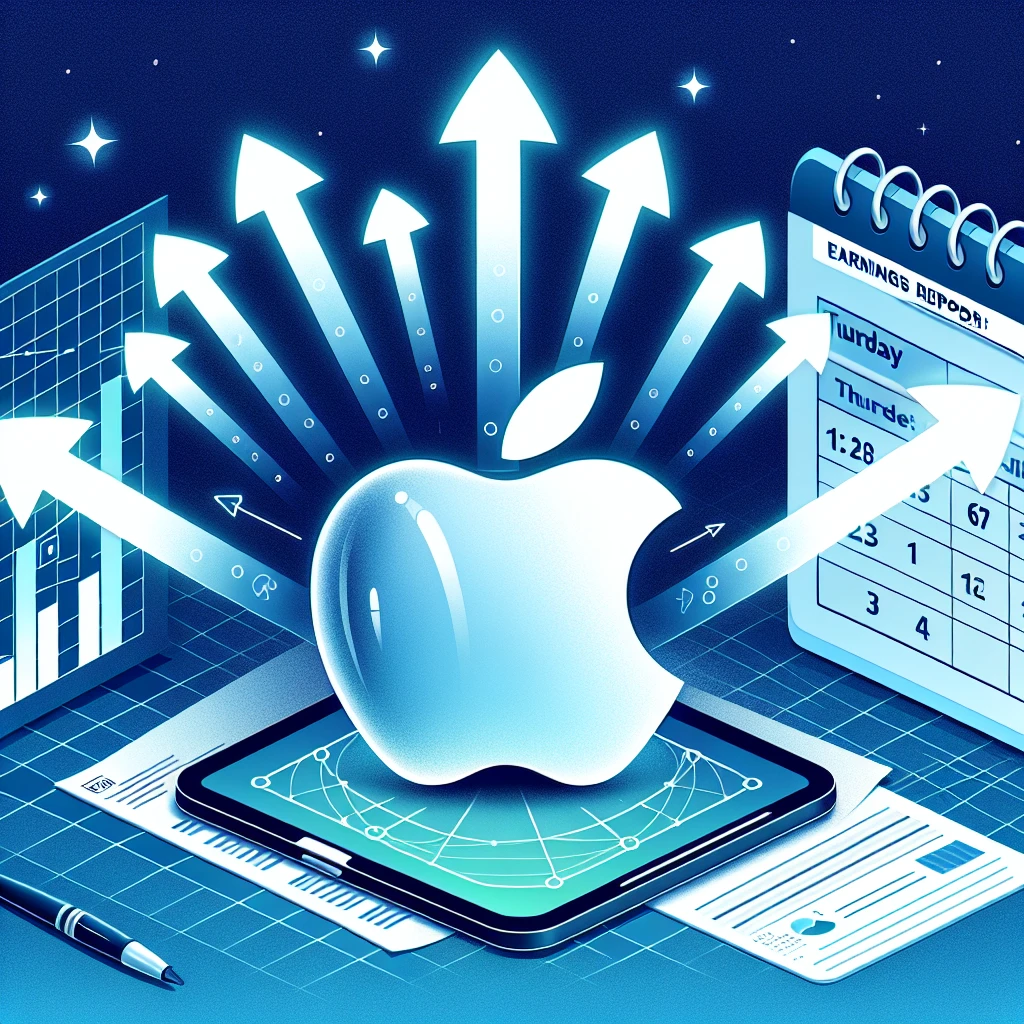AI
AI in Translation: Threat or Empowerment to Translators?
By Clementine Crooks
September 7, 2024

Artificial intelligence (AI) is forcing many industries to rethink their processes and workforce dynamics, and the translation industry is at the forefront of this transformation. As AI becomes more integrated into translation services, it raises an important question: will this technological advancement empower human translators or ultimately render them obsolete?
While the initial assumption may be that AI would reduce job opportunities in the field, recent data reveals a far more nuanced picture. AI, specifically in the form of large language models (LLMs), is enhancing productivity, improving the quality of translations, and, surprisingly, creating more job opportunities for translators. Yet, this is not a story without controversy as professionals within the industry debate whether AI is truly a blessing or a looming threat.
Nicholas Thompson, CEO of The Atlantic, has observed that, contrary to popular belief, better LLMs increase both speed and quality at which translators work while increasing their pay scale as well. This happens because AI allows translators to complete tasks with greater efficiency, thereby enabling them to handle more work, thus leading to increased earning potential.
Recent studies support these claims, showing that on average tasks are completed 31% faster by those using AI models, whilst also translating into higher earnings compared with those who rely solely on manual efforts.
However, not everyone agrees with these benefits being wholly positive. Some, like professional translator Susmi Rosenthal, claim that they have had instances where correcting poor-quality translations generated by AIs took longer than doing original translations from scratch!
One key promise given by proponents of artificial intelligence was its ability to improve translation quality significantly, largely thanks again to LLMs' vast data training abilities along with continuous learning capabilities, meaning machine learning improves over time through gathering input feedback from humans too.
Thompson explains how such systems can translate text fluently, understanding context much better, allowing businesses to expand their reach easily since companies start using these tools increasingly once they notice improvements made possible via technology's advancements across multiple sectors alike, including media outlets like his own, The Atlantic.
However, the question of whether AI can truly rival human expertise remains contentious. While AI may excel at basic translations, many professionals believe it struggles with the nuances of language that only humans can understand. "AI often fails to grasp cultural subtleties or idiomatic expressions," says inclusion strategy and inclusive communications consultant Claudia Vaccarone.
For complex, specialized texts -- such as legal or medical documents -- AI is far from perfect. Translator John Woodworth emphasizes that AI models are unreliable for certain tasks.
One of the most debated aspects of AI in translation is its impact on employment. Will AI lead to widespread job losses or create new opportunities for translators? Data so far suggests that by lowering cost and time barriers to translation, more companies that previously didn't invest in these services are now able to do so, thereby creating more demand and jobs in this field.
Yet some worry about a potential race towards bottom pricing due largely to commoditization brought on artificially through increasing reliance upon cheaper labor forces resulting from automation's advances, which could potentially undermine long-term sustainability within the profession itself while also raising ethical questions related thereto too!
On broader scales though, we see how artificial intelligence opens up doors allowing global businesses to break into newer markets, improving cross-cultural communication along the way. Thanks again, primarily because they lower entry barriers, causing surges across content accessibility worldwide, dramatically shifting the landscape international communications and cultural exchanges alike—all powered majorly via democratization process-enabled technology, making them accessible to smaller enterprises and emerging economies in both similar and equally important ways indeed!
However, industry must grapple with the with the ethical implications associated with automated systems since, despite their many benefits, there also exist significant challenges like possible miscommunication due to faulty translations leading to serious consequences, especially in sensitive fields like healthcare and legal services, among others where even the slightest errors could have disastrous results, not to mention potential misinterpretation of cultural nuances remains a very real concern today, still despite best efforts made to rectify the same wherever possible whenever feasible yet nonetheless persisting regardless, thus posing ongoing threats to those involved directly indirectly alike regardless whether they realize it or not!
While AI is undoubtedly increasing productivity, improving quality, and creating more jobs, it also raises questions about the industry's long-term health. As Vaccarone points out, "Monolingual marketing executives at multinational companies are spamming us with poorly translated content," signaling a potential decline in professional translation standards.
Yet many translators remain optimistic about the future. As AI continues to evolve, it will likely take on more routine, low-level tasks, allowing human translators to focus on high-value, complex projects.
In conclusion, while artificial intelligence has certainly increased productivity and opened up new opportunities within the translation services sector, sparking concerns over job quality, ethical standards, and true extent capabilities, one thing remains clear: Human translators remain essential not just for their linguistic expertise but for their ability to capture cultural contextual subtleties that AI still struggles to grasp even today, despite best efforts made to rectify the same wherever possible whenever feasible yet nonetheless persisting regardless, thus posing ongoing threats to those involved directly and indirectly, regardless of whether they realize it or not!
LATEST ARTICLES IN AI
Indian Pilot Creates AI Aircraft Inspection System.
AI in Digital Marketing: Current and Future Trends.
AI's Impact on Our Food Literacy: A Concern?.
AI's Potential Impact on Threat Detection Technology.
Join Our Newsletter
Popular Articles
-

Mar 13, 2024
Anyone But You - A Romantic Comedy Surprise of 2023 -

Feb 01, 2024
AI Company About to Revolutionize the Medical Space? -

Jul 31, 2024
Apple Anticipates Higher Revenue in Thursday's Earnings Report -

Aug 01, 2024
Samsung Galaxy S25: Potential Big Screen and Camera Upgrades




